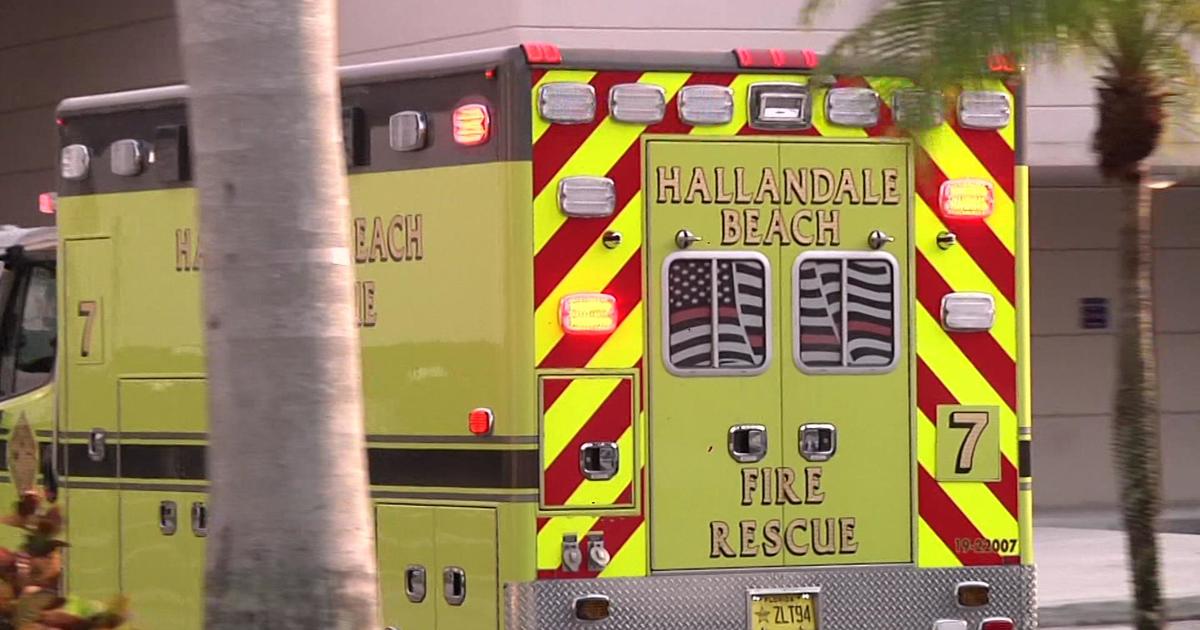"Caylee's Law" Now An Official Law In Florida
TALLAHASSEE (NSF) - Prompted by the death of Orlando two-year-old Caylee Anthony in 2008, Gov. Rick Scott on Friday signed a measure to bolster penalties for lying to police when a child goes missing.
Known as "Caylee's Law," the measure (HB 37) was among a handful of criminal justice bills signed into law Friday by the governor that included measures on human trafficking, cop killers and paying funeral expenses for children who die while in state custody.
In contrast, Scott vetoed a measure that would have allowed some non-violent offenders to get out of jail early to fulfill their sentences with intensive substance abuse programs.
Caylee's Law makes it a third degree felony to give false information to a law enforcement officer in the event of missing child. The bill was introduced following the highly publicized trial of Casey Anthony, Caylee's mother, who was acquitted of murder but charged with four counts of lying to police. Caylee wasn't reported missing until 31 days after she vanished.
Casey Anthony was sentenced to four years in prison, the maximum sentence for lying to police as a first degree misdemeanor. She was released last summer after time served.
Had the bill been in effect, she could have faced up to 20 years in prison and a $20,000 fine.
Prompted by the death of another Florida youth, Scott signed HB 173, which gives the Department of Juvenile Justice the authority to pay funeral expenses in some cases if a child dies in the agency's custody.
The bill follows the death this past summer of Eric Perez in a juvenile lock-up in Palm Beach County, and the initial refusal of the state's chief financial officer, Jeff Atwater, to pay for his funeral expenses. The CFO's chief of auditing, Mark Merry, said the state didn't have statutory authority to make such payments, even though the agency had a policy in the past of doing so.
Perez, 18, died July 10 at a West Palm Beach detention center. His burial expenses were $7,600. Eventually, the state paid Perez' family $5,000 toward the funeral expenses,
Other bills signed Friday include HB 947, which sets a 10-year minimum sentence for possession of a firearm during a burglary of a conveyance, aggravated assault; or possession of a firearm by a felon. The crimes had been subject to a three-year minimum sentence.
The governor also signed HB 7049, which consolidates prosecution of human trafficking investigations into the office of the statewide prosecutor and streamlined laws already on the books.
Among a handful of vetoes issued Friday, Scott rejected HB 177, which would allow certain offenders to be released prior to reaching 85 percent of their sentences if they are enrolled in a qualified substance abuse program.
"Justice to victims of crime is not served when a criminal is permitted to be released early from a sentence imposed by the courts," Scott said in his veto message. "Florida's sentencing laws have helped reduce Florida crime rate to a 40-year-low."
The News Service of Florida contributed to this report.



